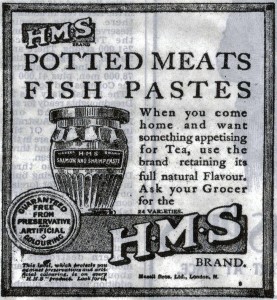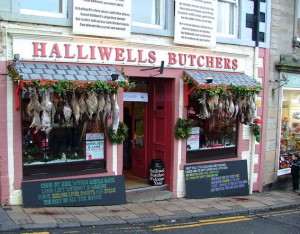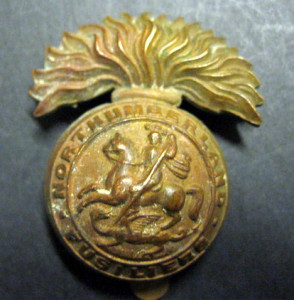BERWICK ADVERTISER, 17 DECEMBER 1915
BELFORD
Interesting Railway Connection – An interesting link with pre-railway days remains in Belford district in the person of Mr John Lockhart, who worked on what is now the Great East Coast route before a train had run from Newcastle to Tweedmouth. Mr Lockart, who is in his 92nd year, enjoys good health. His failing eyesight prevents him reading much, and so he is out of doors as much as possible. He lives with his son in one of the station cottages. Born at North Berwick in 1824, Mr Lockhart has thus lived in five reigns. He came of a long lived stock. His father was 80 when he died, and his grandmother, whom he remembers, was 95.

For no less than 62 years Mr Lockhart worked on the line as platelayer, and for 50 years he lived in one house at Beal, where he had charge of a section. He worked for a year under the contractors who were making the railroad, and the next year he saw the first train which made the journey to Tweedmouth. Most of the coaches were open, and the seats ran the whole length of the carriage. He took the first ticket that was booked from Scremerston to Tweedmouth, and lost it before he reached his destination.
A man of strong religious convictions, he has contributed a great deal to the training of young people in the Sunday Schools of the district. Mr Lockhart is certainly the oldest ex-railwayman in the northern portion of the North Eastern Company’s district, and during his long years of service he was a most conscientious worker.
HOLY ISLAND
Quaint Wedding Customs – Great interest was displayed in a wedding which took place on the island on Saturday. The bride was Miss Elizabeth Wilson, eldest daughter of Mr Wilson, churchwarden and school manager, and the bridegroom was Mr George Richardson, of Berwick. The bride was accompanied by her sister, Miss May Wilson, as bridesmaid. The Rev. Irvine Crawshaw conducted the service which was choral, the choristers assembling to honour the bride, who was formerly a chorister.
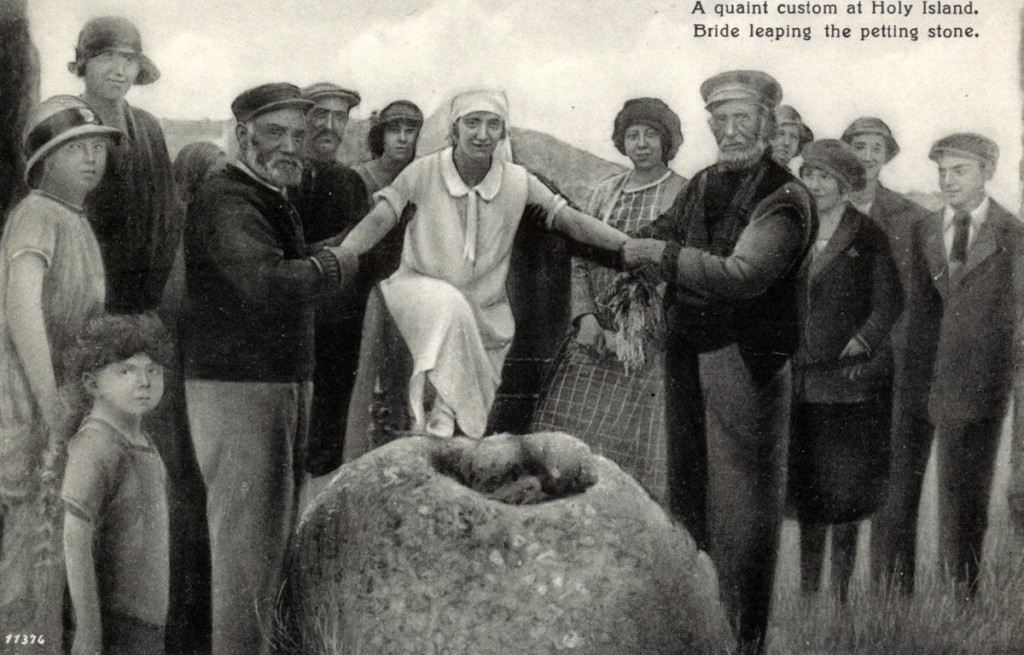
Immediately after the ceremony, the quaint custom of jumping the “Petting Stone” was performed by the bride, and on her arrival at her home another quaint custom was observed. A plate filled with cake was thrown over the bride’s head for good luck. The good fortune depends upon the plate being broken. The honour of throwing the plate and cake was allotted to the daughter of the local schoolmaster, and great was the glee of the children as they scrambled for the cake. There was a large number of handsome wedding gifts.
BOARD OF GUARDIANS – BERWICK WORKHOUSE
BUTCHER MEAT AND FISH CONTRACTS
A report of the Workhouse and Finance Committee showed that consideration had been given as to the selection of tenders for the supply of butcher meat, etc., for the ensuing quarter, and that it was agreed to accept the tender by Messrs Hogarth at the sum of £94 0s 2d.
In answer to queries by Mr Turnbull, it was explained that the only other was £101 18s 2d, and that the following were the quotations given by Messrs Hogarth:- Flanks 12s 6d, necks 14s, haughs 9s, carcases of mutton 10s, all per stone; suet, 8d per lb.; joints, 1s 2d per lb.
It was recommended that the contract for the supply of fresh fish be given to Jane Willock at 7d per lb., and fish for officers (varied) at 8d per lb. from the same contractor.
It was also recommended that the contract for bread be given to J. B. Geggie at 7¾d per four lb., and good seconds at 7½d.
GIFT OF MAGAZINES
The report by the Workhouse Committee showed that magazines had been received for the inmates from Mrs Kennedy, High Greens, and it was agreed to acknowledge receipt of same with thanks.
WORKHOUSE MATTERS
The report of the Workhouse Committee also showed that orders had been issued for the supply of one load of straw for the garden; also an easy chair for the laundress room, and that a cheque for £10 be granted to the Master to meet petty expenses.
All the above recommendations were unanimously approved of on the motion of Mrs Willits.
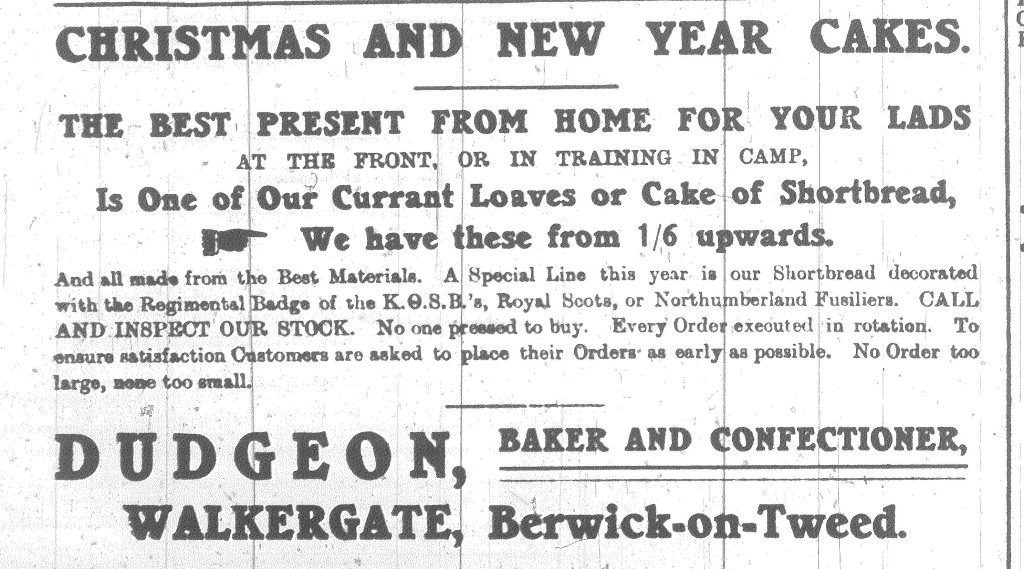
HINTS FOR THE HOME
Save your potato peelings. If these are dried in the oven, they will help to make the fire burn up very quickly, and one cannot be too economical just now, can we?
Never put a fork into a chop or steak when frying or grilling, as it lets out the juice or flavour of the meat.
Before putting milk on the fire or gas to boil, rinse the saucepan out with water. This will prevent it from burning.
A hot cloth put round the mould will help the jelly or ice to come out without sticking.
Pudding clothes should never be washed with soap. Soak them in cold water, and well rinse in hot and dry in the open air.
When stoning raisins for the pudding this year, rub a little butter on the fingers and knife, and this will relieve that task of raisin-seeding of its discomfort.
Hot milk is an excellent restorative for those who are over-exerted, and many of us feel like this just now at the end of a strenuous day, and sometimes, half the night.


